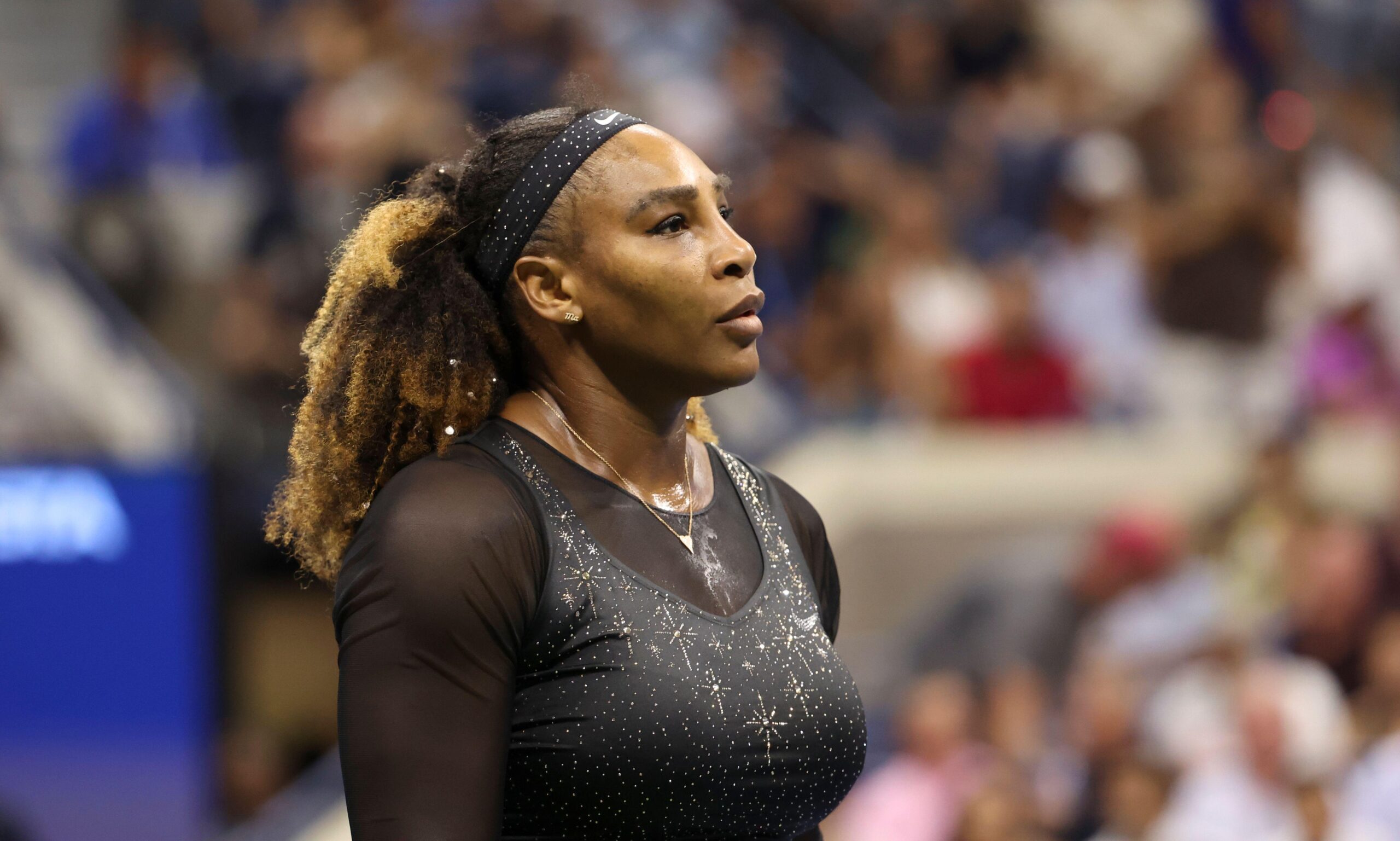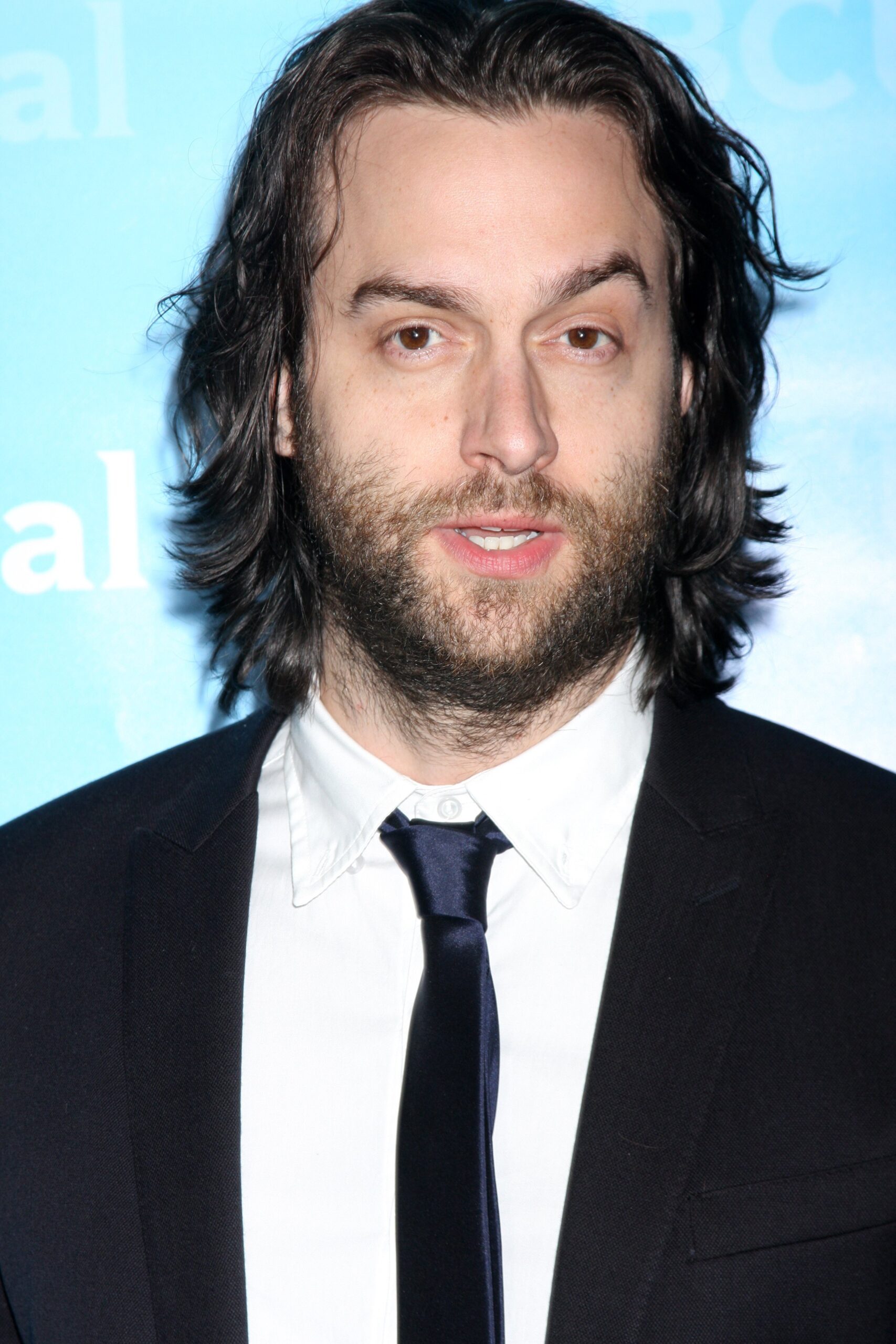[This review contains spoilers.] Stranger Things made its name with its noirish, neon-lit aesthetic and its ability to dramatize ’80s nostalgia with the threat of impending doom. Now, in season 3, that impending doom has arrived, in two separate but interconnected forms: the Mind-Flayer has officially moved into Hawkins, and the kids have grown up. […]









